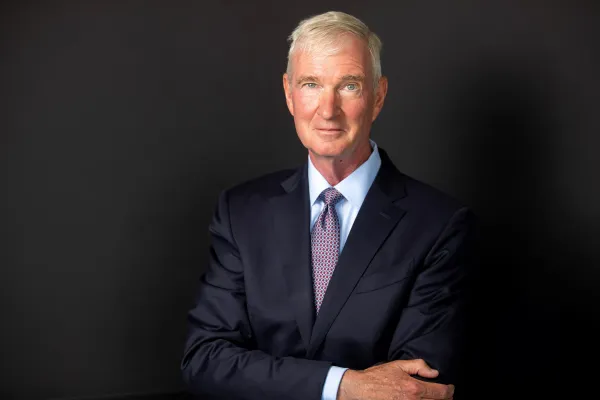The World Economic Forum (in Partnership with IHS CERA) has just published a new report entitled “Energy for Economic Growth: Energy Vision Update 2012”. In the report the WEF opines on the energy economy and even discusses the potential role of SWFs in driving clean energy innovation. Here’s some blurbage:
“Energy is the lifeblood of the global economy – a crucial input to nearly all of the goods and services of the modern world. Stable, reasonably priced energy supplies are central to maintaining and improving the living standards of billions of people."
True. I think we can agree that the energy industry is ripe for some pretty dramatic disruption from clean technologies. So, what role for SWFs?
“SWFs can be used as tools to decrease economic dependence on oil and gas and to promote renewable energies. For example, Abu Dhabi’s green energy firm Masdar, a wholly-owned subsidiary of the state-owned company Mubadala, is developing Masdar City, a zerocarbon, zero-waste city based on solar energy and other renewable technologies.”
“Likewise, Saudi Arabia is investing in solar energy as a way to diversify its energy sources and contribute to industrial growth and productivity.”
“In an effort to diversify its portfolio and play a greater role in limiting the effects of climate change, Norway’s Government Pension Fund-Global is subject to nine different “green” mandates, requiring investments in assets that promote clean energy, water management and environmental technology that are expected to yield high growth and environmental benefits.”
“In some cases, SWFs are used to promote regional development, including investments in farming and infrastructure. The global economic recession prompted Gulf SWFs to begin investing a larger proportion of their assets closer to home to combat high unemployment and declining economic growth.”
I guess that’s all true in theory. But I have a slight issue with this characterization of the utility of SWFs: It’s all based on political motivations and interventions. In these cases, sponsors (e.g., governments) are asking SWFs to take on some development objectives. So what the WEF is really saying here is that SWFs have a role to play in this industry because they are subject to the demands of politicians. That may be true, but it’s not the way I’d like to think about it.
Recall that SWFs, by definition, exist to maximize financial returns over the long run. If they aren’t doing that, then perhaps they’re more aptly characterized as development companies. And last I checked, the western world didn’t like the idea of politicians giving political advice to SWFs (Norway is a rare example). So for the WEF to suggest that SWFs could play a role because of their political nature seems a bit off to me.
However, that’s not to say that SWFs can’t help...actually they can help. But rather than being a function of politicization, I think these funds can help because it would be in their interest (financially) to do so. Why? Because these funds can leverage their scale and time horizon to generate substantial profits in this fast-growing industry.
Clean energy companies generally require significant amounts of capital to get to cash flow positive. Why? These are companies that are better thought of as infrastructure investments – or even new industries – than traditional venture investments. Investors need to be able to write big checks and wait around a long time, as the ‘J curve’ on ‘new energy’ investments will be very long indeed. And this means that SWFs – with their intergenerational time horizon – will be uniquely placed to become shareholders. In turn, this also means that new energy companies will be very keen to sign SWFs up as shareholders (thanks to deep pockets and patient capital), which means SWFs can negotiate some very favorable terms.
In short, I agree that SWFs have a role to play in clean energy. But I tend to disagree with the WEF as to the reasons why. They think politics will drive SWFs into clean energy. I think profits will. Perhaps we're both right?






